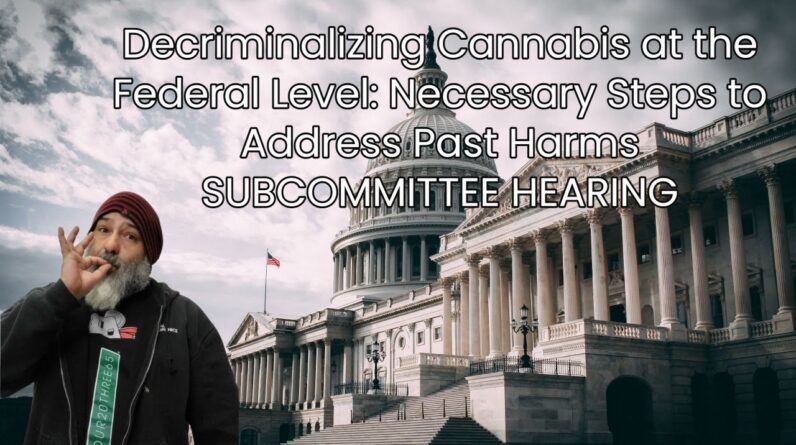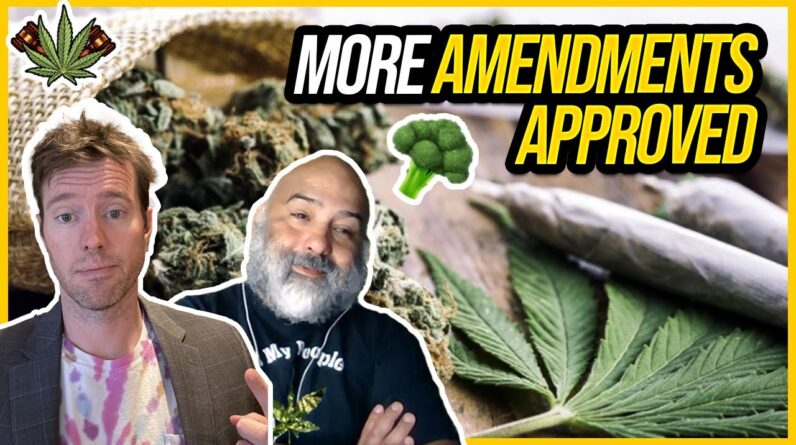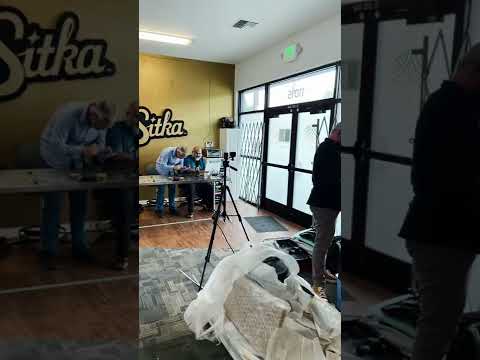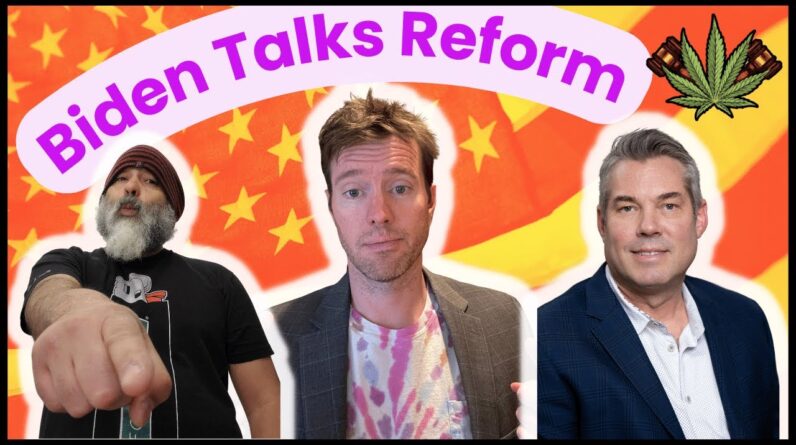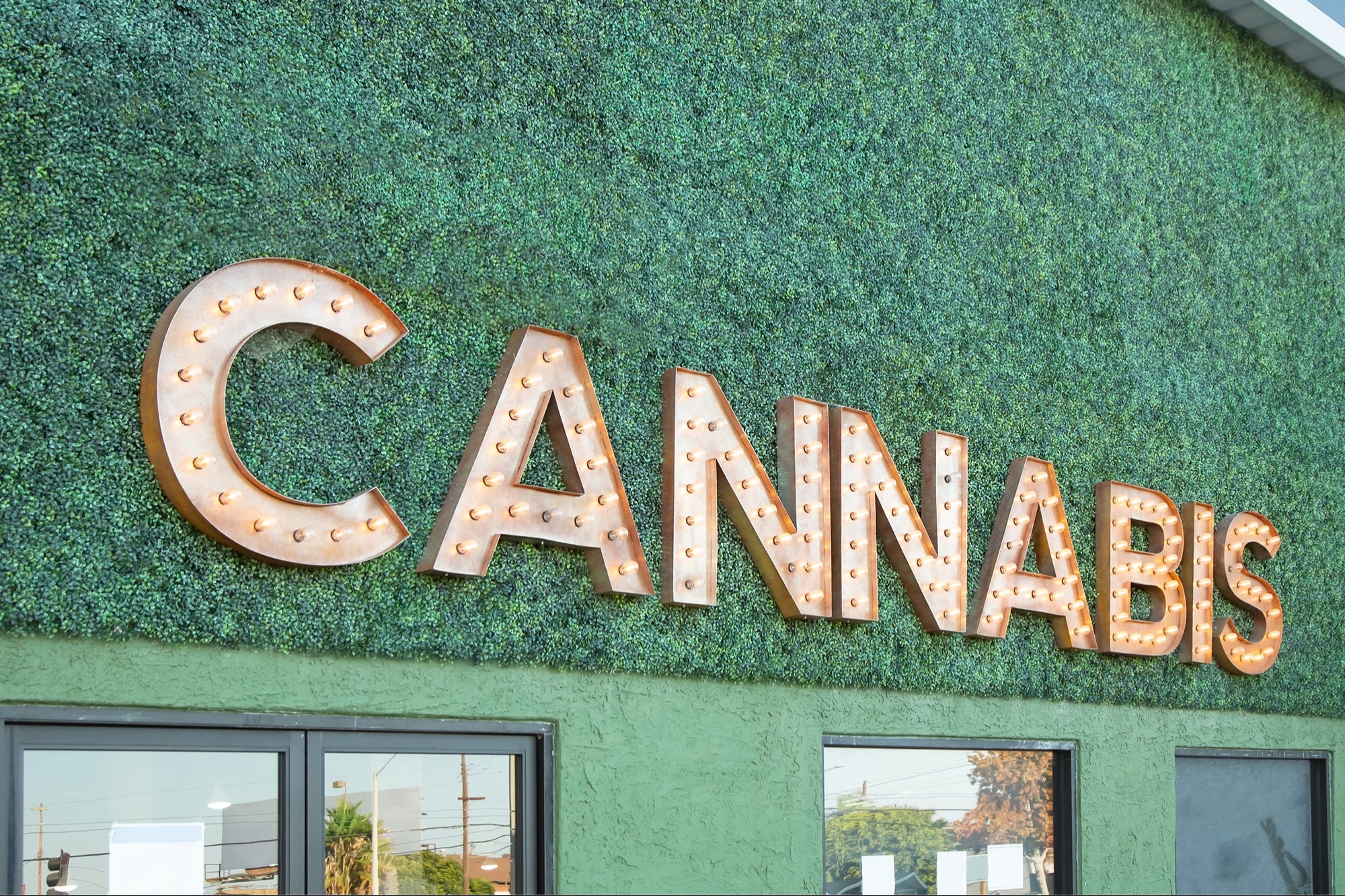
Why some entrepreneurs are choosing to use non-retail storefronts.
Free Book Preview Cannabis Capital
Learn how to get your business funded in the Cannabis economy!
September 7, 2021 4 min read
Opinions expressed by Entrepreneur contributors are their own.
Choice and convenience are two immutable drivers of consumer behavior. Customer-centric brands like Amazon, Uber, and Airbnb have trained consumers to expect this. But the cannabis industry is still falling short on this count.
Why? Many states require cannabis operators to be vertical from cultivation to the retail dispensary. The result of this dispensary-centric model is that 70 to 90 percent of the products available to customers are private label. Add to this the lingering stigma of cannabis and marketing constrained by IRS 280E, and we have an industry that’s expected to scale but can’t get past servicing existing walk-in customers.
What are Dark Stores?
There are lessons to be learned from innovative consumer brands that can (and should) be applied to the cannabis industry. The non-retail storefront, more affectionately known as a Dark Store, acts as micro-warehouses to fulfill online orders via delivery to customers.
This strategy has been so effective for Amazon that Walmart has converted former retail stores to dark stores as e-commerce growth exceeds store traffic.
What does this mean for cannabis? Dark stores enable a more customer-centric model by making the consumer journey more approachable to people who feel alienated by the dispensary experience, who want greater product options, or who don’t want to run into co-workers, their boss, or their kid’s second-grade teacher while shopping.
Related: What Cannabis Retailers Can Expect in 2021
Why dark stores? Why now?
Typically, the budtender plays a critical role of educator in defense of dispensaries. Many of them are wonderful, but some are not trained on the products and lack the expertise to educate consumers who are new to the category. This limits the growth of the industry.
But the times they are a-changin’. California was the first state to approve a Retailer Nonstorefront (Delivery) license (CA Type 9 License.) According to the MJBizFactBook, there are now 326 CA Type 9 Licenses in the world’s largest and most mature cannabis market, and other states have taken notice.
The COVID-19 pandemic compressed several years of industry innovation into nine months. Cannabis was deemed essential, and several states temporarily approved delivery and curbside pickup to accommodate consumers. Today, 18 states have passed legislation approving delivery licenses. More notably, Massachusetts passed the Delivery Operator license, which includes the operation of dark stores. New Jersey passed the Class 6 license, including the operation of dark stores. Even Illinois has two bills (HB 0312 and SB 2404) circulating that include dark stores.
Other states are establishing the program regulations, including Arizona, Connecticut, New York, and Virginia. There is a reasonable expectation that new state programs will follow suit. Why? The dark store model opens the industry to more consumers, creating more opportunities for cannabis brands and generating more tax revenue for states. Dispensaries will continue to be a channel, just not the only channel. This is a dynamic that has played out in traditional consumer markets, and cannabis is no different.
Social equity
There is another benefit to the dark store model in cannabis – social equity. Recent acquisitions of dispensaries in Illinois average nearly $17 million per dispensary, a number out of reach of most entrepreneurs and favors the large, highly capitalized single- or multi-state operators. States have recognized that they can shape the industry by creating social equity opportunities for BIPOC and disadvantaged groups by establishing exclusivity periods and preference for delivery licenses. For example, Colorado has a six-year social equity exclusivity period for delivery licenses in Denver. The Delivery Operator license in Massachusetts has a three-year social equity exclusivity period. New York has proposed three-year exclusivity and 50 percent of all licenses reserved for social equity applicants. We must continually build inclusion and equity into this soon-to-be $100 billion industry.
Where do we go from here?
In the early days of legal cannabis, we artificially constrained consumer behavior to control and track products for tax purposes. That is an unsustainable experience as supply chains improve in every other area of our lives, putting even more pressure on cannabis to catch up. Control is no longer an excuse for a poor experience. Blockchain and data provide a better platform for transparency and compliance than legacy solutions. The proverbial genie is out of the bottle. As consumers, we want choice, convenience, and confidence. As entrepreneurs and operators, we want opportunity and collaboration. And, of course, states want the tax proceeds to reinvest in our communities. The dark store has a bright future. There is a sequel to the rise of dark stores story, which also comes from disruptive non-cannabis brands that solve the problem of building national brands without interstate commerce – ghost kitchens. But that, folks, is another story.


